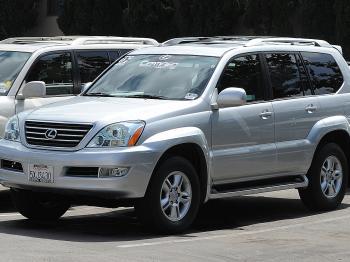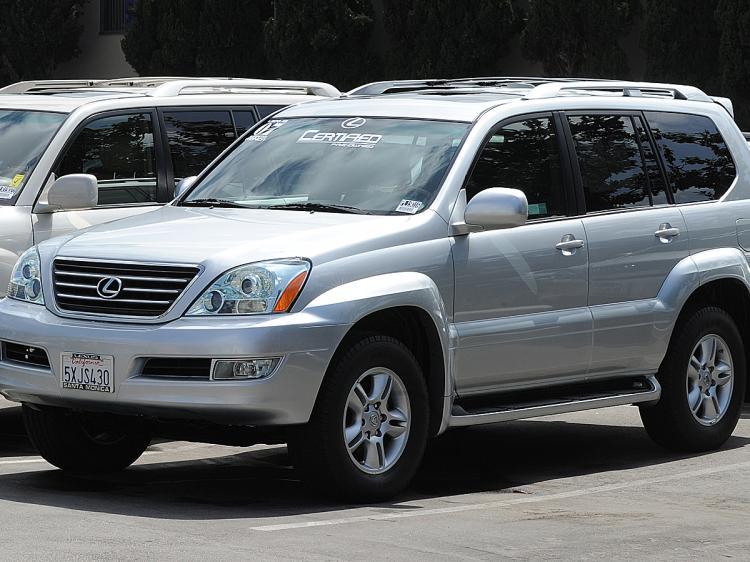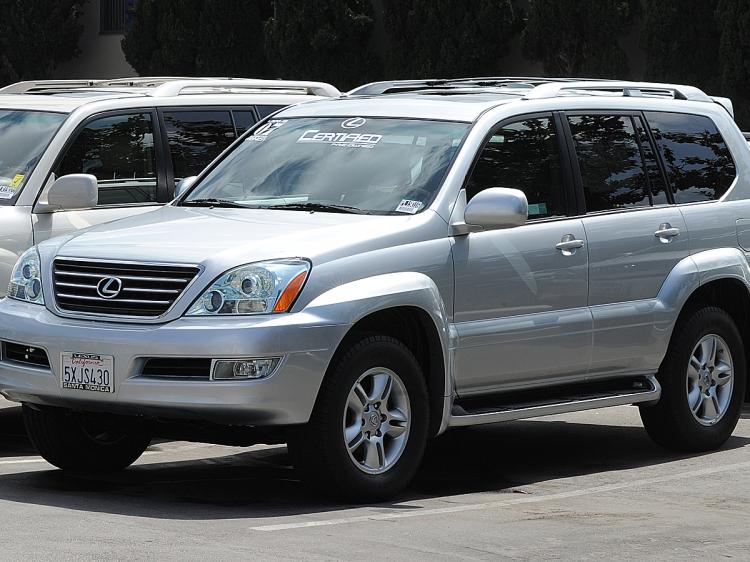After facing global recalls exceeding 8 million and over 200 lawsuits, Toyota Motor Corp. has now made American history by agreeing to pay the largest fine against a carmaker of $16.4 million to the U.S. Transportation Department.
The controversy was sparked by the “sticky accelerator,” or unintended acceleration issue that has caused at least 52 deaths, multiple injuries, and accidents around the world, according to reports.
Announcing the settlement, the U.S. Transport Secretary Ray LaHood said in a statement that, “By failing to report known safety problems as it is required to do under the law, Toyota put consumers at risk.”
“I am pleased that Toyota has accepted responsibility for violating its legal obligations to report any defects promptly,” LaHood said, noting that the U.S. government was continuing to investigate “whether the company has lived up to all its disclosure obligations.”
The financial penalty equates to less than 2 percent of Toyota’s projected net income for the year ended in March 31. It is also the maximum amount that can be fined by the National Highway Safety Administration (NHTSA).
Toyota has a total of 30 days to pay the fine, however there could be further penalties due to Toyota having “two separate defects that may require two separate remedies” according to the civil penalty from the roads and traffic regulator.
“The fine is coming on top of costs from increased incentives and vehicle testing,” said Tatsuya Mizuno, director of Mizuno Credit Advisory in Tokyo. “At this point, there’s no telling what will come of the lawsuits.”
In the wake of the news of the U.S. fine, Toyota’s recurring issue—announced another recall over the weekend, whereby Sienna minivans—870,000—in the U.S. and Canada due to the vehicles being prone to oxidization from long term exposure to road salt. This issue could potentially result in the car’s spare tire dropping onto the road.
Since the voluntary recall of cars regarding the accelerator pedal problem that began in January, 7,500 Prado and GX 460 models in Europe as well as 9,400 addtional GX four-wheel drives were recalled in North America. All production and international sales of the GX 460 have stopped. Along with the Sienna minivan issue, this amounts to an estimate of 10.5 million vehicles that have been recalled in the last seven months.
Moreover, Lexus GX 460 SUV has halted production because of problems associated with its electronic control system and could be on the eve ofTakeshi Uchiyamada, yet another recall announcement. This is based on U.S. representatives and Consumer Reports tests confirming the problem.
According to Reuters, some lawyers believe that Toyota could pay in excess of $10 billion in U.S. courts on civil law suits alone.
“We believe we made a good faith effort to investigate this condition and develop an appropriate countermeasure. We have acknowledged that we could have done a better job of sharing relevant information within our global operations and outside the company, but we did not try to hide a defect to avoid dealing with a safety problem,” Toyota said.
However given the big picture overview of Toyota’s production and mechanical faults in motor vehicles, its long-term ability to maintain quality control could be dubious and consequently dent its reputable leading brand and profit.
The controversy was sparked by the “sticky accelerator,” or unintended acceleration issue that has caused at least 52 deaths, multiple injuries, and accidents around the world, according to reports.
Announcing the settlement, the U.S. Transport Secretary Ray LaHood said in a statement that, “By failing to report known safety problems as it is required to do under the law, Toyota put consumers at risk.”
“I am pleased that Toyota has accepted responsibility for violating its legal obligations to report any defects promptly,” LaHood said, noting that the U.S. government was continuing to investigate “whether the company has lived up to all its disclosure obligations.”
The financial penalty equates to less than 2 percent of Toyota’s projected net income for the year ended in March 31. It is also the maximum amount that can be fined by the National Highway Safety Administration (NHTSA).
Toyota has a total of 30 days to pay the fine, however there could be further penalties due to Toyota having “two separate defects that may require two separate remedies” according to the civil penalty from the roads and traffic regulator.
“The fine is coming on top of costs from increased incentives and vehicle testing,” said Tatsuya Mizuno, director of Mizuno Credit Advisory in Tokyo. “At this point, there’s no telling what will come of the lawsuits.”
In the wake of the news of the U.S. fine, Toyota’s recurring issue—announced another recall over the weekend, whereby Sienna minivans—870,000—in the U.S. and Canada due to the vehicles being prone to oxidization from long term exposure to road salt. This issue could potentially result in the car’s spare tire dropping onto the road.
Since the voluntary recall of cars regarding the accelerator pedal problem that began in January, 7,500 Prado and GX 460 models in Europe as well as 9,400 addtional GX four-wheel drives were recalled in North America. All production and international sales of the GX 460 have stopped. Along with the Sienna minivan issue, this amounts to an estimate of 10.5 million vehicles that have been recalled in the last seven months.
Moreover, Lexus GX 460 SUV has halted production because of problems associated with its electronic control system and could be on the eve ofTakeshi Uchiyamada, yet another recall announcement. This is based on U.S. representatives and Consumer Reports tests confirming the problem.
According to Reuters, some lawyers believe that Toyota could pay in excess of $10 billion in U.S. courts on civil law suits alone.
“We believe we made a good faith effort to investigate this condition and develop an appropriate countermeasure. We have acknowledged that we could have done a better job of sharing relevant information within our global operations and outside the company, but we did not try to hide a defect to avoid dealing with a safety problem,” Toyota said.
However given the big picture overview of Toyota’s production and mechanical faults in motor vehicles, its long-term ability to maintain quality control could be dubious and consequently dent its reputable leading brand and profit.





